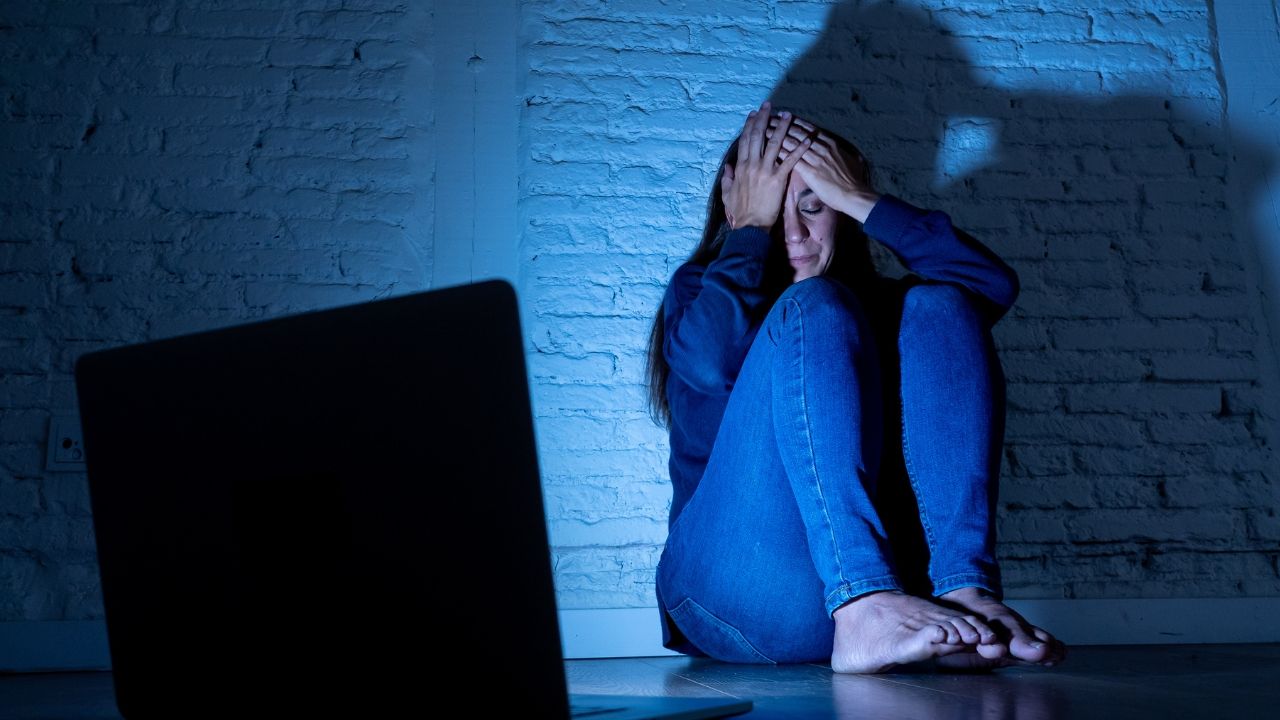Tech Giants Urged to Step Up: Ofcom’s Bold Plan to Make the Internet Safer for Women
Feb 25, 2025
The digital world has long been a battleground for women and girls facing harassment, abuse, and misogyny.
But now, Ofcom is calling time on tech firms' inaction. Today, the UK’s media regulator has set out clear, practical measures that platforms must adopt to curb online harms disproportionately affecting women and girls.
With insights from victims, survivors, advocacy groups, and safety experts, Ofcom’s draft guidance lays down a new standard for online safety, focusing on four key threats:
- Online misogyny – content that normalises sexual violence and fuels toxic gender attitudes.
- Pile-ons and harassment – abuse targeted at women, particularly those in public life.
- Online domestic abuse – technology used for coercive control within relationships.
- Intimate image abuse – including AI-generated deepfakes and cyberflashing.

Tech Firms Must Take Responsibility
Ofcom’s guidance identifies nine areas where tech firms must do better. A safety-by-design approach is being pushed, ensuring platforms embed women’s safety into their operations. Among the proposed solutions:
- ‘Abusability’ testing – assessing how bad actors could exploit platform features.
- Tech to block intimate image abuse – detecting and removing non-consensual images.
- User prompts – nudging users to reconsider posting harmful content.
- Stronger account security – including tougher authentication steps.
- Default geolocation removal – to prevent stalking and real-world threats.
- Better content control – giving women easier ways to manage visibility settings.
- More transparent reporting – requiring firms to publish data on online abuse.
Why It Matters
Women report higher levels of harm online than men, with the internet often used to silence, control, or threaten them. Under the UK’s new online safety laws, platforms must now take gender-based abuse seriously, assessing risks like coercive control, stalking, and image-based abuse. They will also be required to protect children from harmful material, such as violent or pornographic content.
Dame Melanie Dawes, Ofcom’s Chief Executive, didn’t mince words: “No woman should have to think twice before expressing herself online, worry about an abuser tracking her location, or face the trauma of a deepfake intimate image being shared without her consent.”
She called on tech firms to step up, not just as a moral duty, but as a smart business move, fostering trust and engagement with their female user base.
Influencer and campaigner Cally Jane Beech, who has been a victim of deepfake abuse, stressed: “I want things to be better for my daughter and for women across the UK. Tech companies need to be more accountable.”
And Dame Nicole Jacobs, Domestic Abuse Commissioner, made it clear that it’s time for platforms to take responsibility: “Far too often, victims are expected to keep themselves safe rather than tech companies taking action.”
What’s Next?
Ofcom is now inviting feedback on the draft guidance. Responses are due by 23 May 2025. Once finalised, the watchdog will monitor how well tech firms implement these changes. An official review is expected 18 months later.
With enforcement powers now in place, tech companies can no longer ignore the issue. The message is clear: women’s safety online is no longer optional - it’s a requirement.
Stay Connected With Our Newsletter
Join our mailing list to receive the latest news and updates from our team.
Don't worry, your information will not be shared.
We hate SPAM. We will never sell your information, for any reason.


